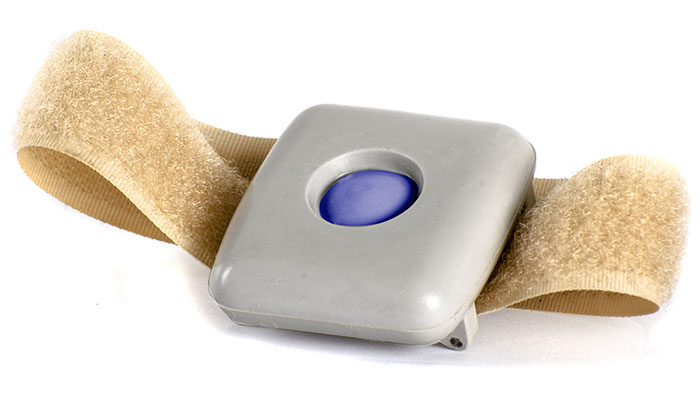
If a person you care for receives a serious diagnosis, it can feel like a gut punch—for everyone in the family. There is no way to sugarcoat such a reality. There are ways, however, to make the emotional journey less traumatic. Grief AND joy Even if your loved one has only months or weeks to…










